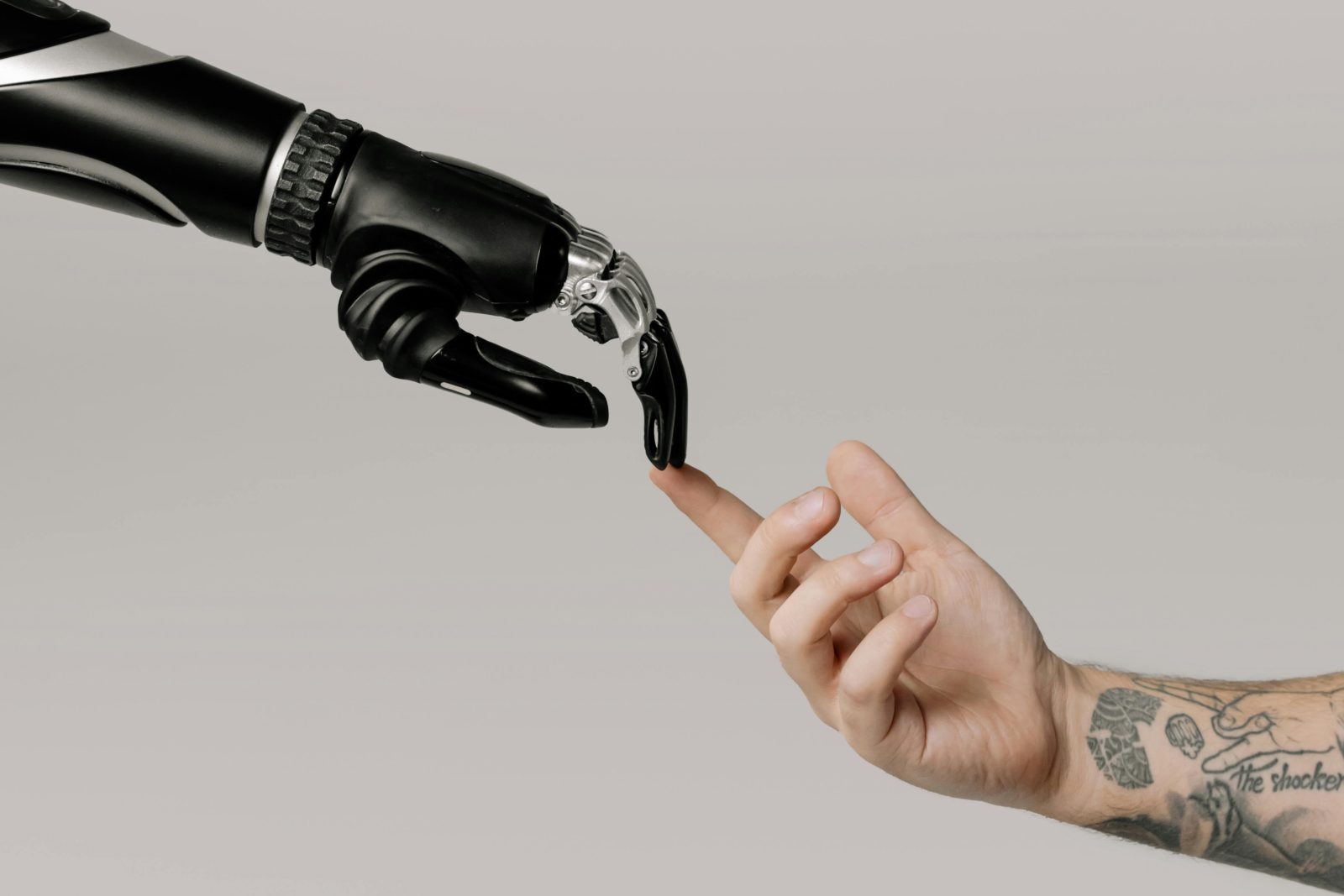In a revealing study conducted by NMS Market Research for Raiffeisenbank, it has come to light that 36% of Czechs hold a negative view of artificial intelligence (AI). The scepticism towards this cutting-edge technology intensifies with age, suggesting a generational divide in AI acceptance.
The survey sampled 1,000 respondents and uncovered that while a third of Czechs maintain a neutral stance on AI, a quarter explicitly express distrust. Interestingly, only 6% of those surveyed admitted to regularly using AI.
Sociodemographic factors play a significant role in shaping attitudes towards AI. Men are more likely to view AI positively, but this optimism wanes with age. Half of the young adults aged 18-24 have a positive outlook on AI, contrasting sharply with just 17% among those aged 55-64.
Education and income levels also correlate with AI acceptance. Higher education and income brackets tend to harbour more positive attitudes towards artificial intelligence. In the 18-24 age group, a substantial 74% use AI, with 21% being regular users. However, this usage drops significantly in older age groups.
Regarding AI in banking, 70% of Czechs anticipate increased usage. However, concerns persist, with 36% believing that AI applications in banking are not secure. This scepticism likely stems from data security worries and potential technology misuse.
The study highlights a clear generational and socioeconomic divide in AI acceptance in the Czech Republic. As AI continues to permeate various sectors, bridging this gap and addressing concerns will be crucial for widespread adoption and utilization.






